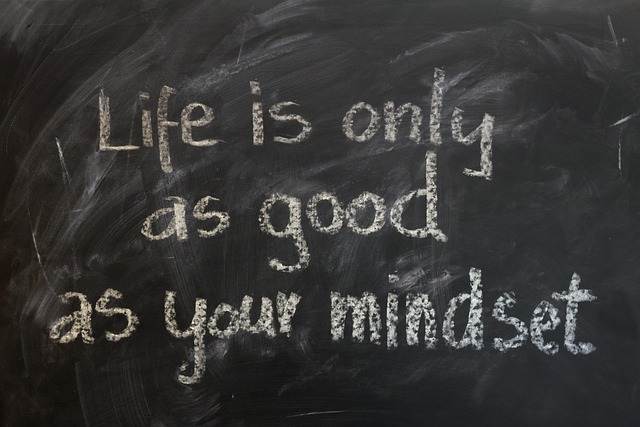The catechism defines virtue as a “habitual and firm disposition to do good” (1833). They are the building blocks for Christian moral living.
Both in the
East and West we have the Cardinal Virtues of Prudence, Justice, Courage and
Moderation. (the word cardinal
goes back to the Latin adjective cardinalis, which meant 'serving as a hinge'.The root of this word is the noun cardo,
meaning hinge of a door permitting its opening and closing.
They are
considered natural moral virtues and have a history that goes back to the Greek
and Roman Philosophers and also appear in the Catholic Bible in the Book of
Wisdom. The Stoics considered these the road to happiness.
In the old
Chinese Culture connected with Confucianism, we have the maxim: The brave
general is not as good as the wise general, and the wise general is not as
good as the virtuous general. They have added in modern times, a lucky general
is better than the three of them but here we have the misunderstanding of
virtue which may be the result of humor but a more serious misunderstanding of
virtue.
In the Book of Proverbs, we are reminded that "Better
an equable man than a hero, a man master of himself than one who takes a
city" (16:32).
A priest in the Catholic Times gives us some thoughts on these virtues that come from one's own efforts.
We hear often the saying that heaven helps those who help themselves. To gain these Cardinal Virtues that lead to Christ, we must give up our obsession with worldly things. If the wise men had not dared to give up everything they had for the true meaning of life, they would not have followed the star. If you don't grow in the Cardinal Virtues you won't feel the attraction of the Theological Virtues of Faith, Hope, and Charity.
The theological virtues are the foundation of Christian moral activity; they animate it and give it its special character. They inform and give life to all the moral virtues. They are infused by God into the souls of the faithful to make them capable of acting as his children and of meriting eternal life. They are the pledge of the presence and action of the Holy Spirit in the faculties of the human being. There are three theological virtues: faith, hope, and charity. (1813)
The wise men from the East had these cardinal virtues allowing them to see the star in the sky that led them to the Savior. The star in the sky were the Theological Virtues.
The Cardinal Virtues are the basis of all virtues that humans should pursue and which depend on our efforts. They provide the true meaning and direction of life.
"The human virtues are rooted in the theological virtues, which adapt man's faculties for participation in the divine nature: for the theological virtues relate directly to God. They dispose Christians to live in a relationship with the Holy Trinity." Catechism of the Catholic Church (1812).






